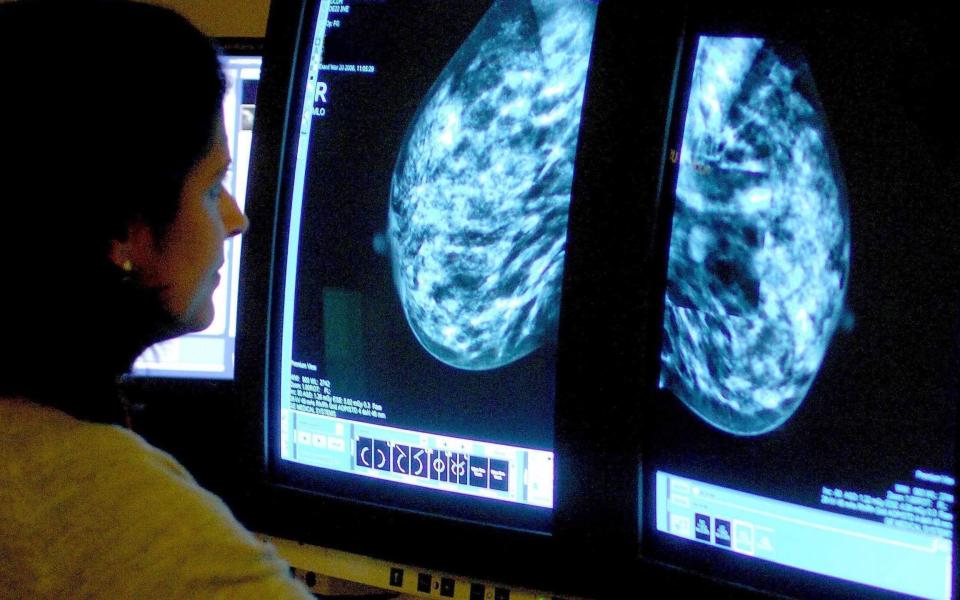Arthritis drugs could prevent fatal spread of breast cancer

Arthritis drugs used on the NHS could prevent the fatal spread of breast cancer, research suggests.
Scientists believe the common medications could be re-purposed to help block cancer reaching bones.
Breast cancer is the most common form of cancer in the UK, with 55,000 diagnoses a year, and 11,500 deaths – almost all from tumours that have spread to other parts of the body.
Research teams from the University of Manchester and the University of Sheffield discovered that a protein released by bone marrow, called interleukin 1-beta encouraged breast cancer cells to form secondary tumours once they reach the bone.
Tests found that this molecule can be blocked by the drug anakinra, already used to treat arthritis.
The study, largely funded by charity Breast Cancer Now and published in the Nature Communications journal, revealed that anakinra was able to prevent breast cancer forming secondary tumours in the bone.
Follow treatment with anakinra, only 14 per cent of mice in the study developed secondary tumours in the bone, compared to 42 per cent of control animals.
Breast cancer most commonly spreads to the bones, brain, lungs or liver.
Baroness Delyth Morgan, chief executive of Breast Cancer Now, said: "These major findings offer another promising step forward in re-purposing existing drugs to prevent the spread of breast cancer.
"While more research is needed, it's really exciting that these well-tolerated and widely-available arthritis drugs may help prevent secondary breast cancer in the bone."
Lead author Dr Rachel Eyre, from The University of Manchester, said: “We are very excited by our results in the lab showing that breast cancer in bone can be prevented using drugs that are already approved for other diseases.
“We hope it can soon be established whether these drugs can be used for breast cancer patients following successful testing in clinical trials.”
